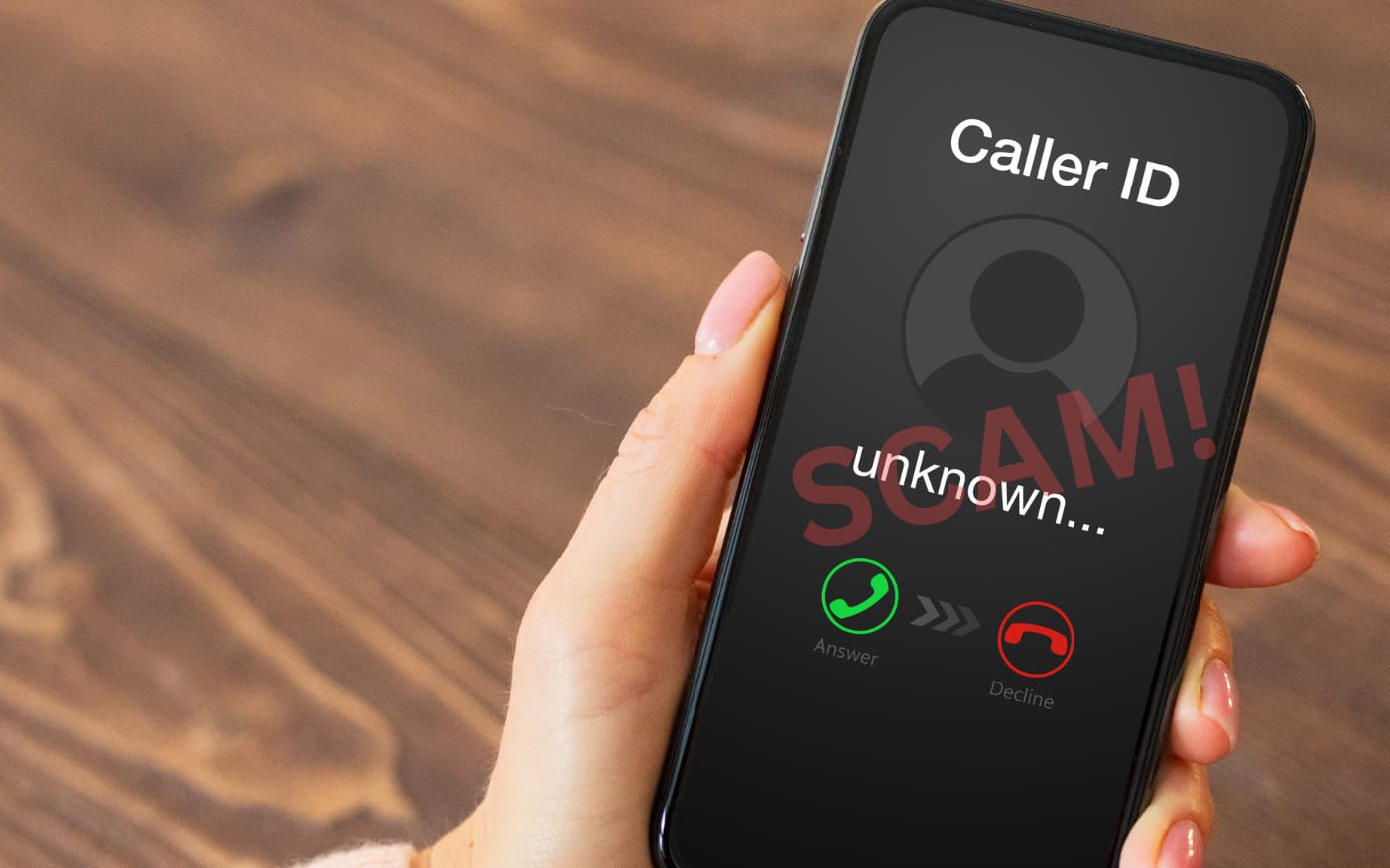March 9, 2023 is National Slam the Scam Day
Every year in March, people raise awareness about the prevalence of scams and educate each other on how to avoid falling victim to them. This annual event was established in 2020 to promote awareness and prevent scammers from successfully carrying out their deceitful crimes, particularly those related to Social Security scams.
Scammers are becoming increasingly sophisticated in their tactics, making it more important than ever to be vigilant and informed. In this blog, we’ll explore the history of National Slam the Scam Day, discuss common types of scams, and provide tips on how to protect yourself from becoming a victim. Let’s get started!
Fighting Government Imposter Scams
Did you know that Social Security imposter scams are the top reported type of government imposter fraud to the Federal Trade Commission? These scams involve criminals posing as representatives of the Social Security Administration in an attempt to obtain personal information and money from unsuspecting individuals.
A government imposter scam is when someone pretends to work for the government and asks for personal information, money, or threatens the victim. These scams usually happen over the phone but can also occur via email, text, social media, or mail. To protect yourself, remember the four basic signs of a scam:
- Scammers pretend to come from a familiar organization or agency.
- Their email attachments may contain official-looking logos, seals, signatures, or pictures of employee credentials.
- They may use legitimate names of employees of the Office of Inspector General or Social Security Administration.
- They may “spoof” official government phone numbers or local police departments.
The best way to stop these crimes is to educate consumers. By learning to recognize these scams, we can avoid falling prey to them. According to the SSA, it’s important to remember that real government officials will NEVER:
- threaten arrest or legal action against you unless you immediately send money;
- promise to increase your benefits or resolve a problem if you pay a fee or move your money into a protected account;
- require payment with gift cards, prepaid debit cards, wire transfer, Internet currency, or by mailing cash; or
- try to gain your trust by providing fake “documentation,” false “evidence,” or the name of a real government official.
What To Do If You Receive Suspicious Messages
If you get a strange phone call, text, email, social media message, or letter from someone claiming to be from Social Security, the SSA recommends the following tips to protect yourself:
- Hang up or ignore the message, and never click on links or attachments.
- Don’t let anyone pressure you into making a quick decision. Legitimate businesses will give you enough time to think before making any decisions.
- Never make a payment with cryptocurrency, a wire transfer service such as Western Union or MoneyGram, or a gift card if someone demands it. Also, don’t deposit a check and send money back to someone you don’t know.
- Protect your personal information. Be careful if anyone contacts you about an issue that you do not recognize, even if they have some of your personal information.
According to officials, the best way to handle a scam is to ignore the phone calls, emails, and texts and to report any fraudulent activities. Share this information with your community to protect them from scammers and report any scams to the Office of the Inspector General at oig.ssa.gov/report.
Sangu Mail joins the National #SlamTheScam Day. For more information and tips on how to avoid scam, visit this page.

